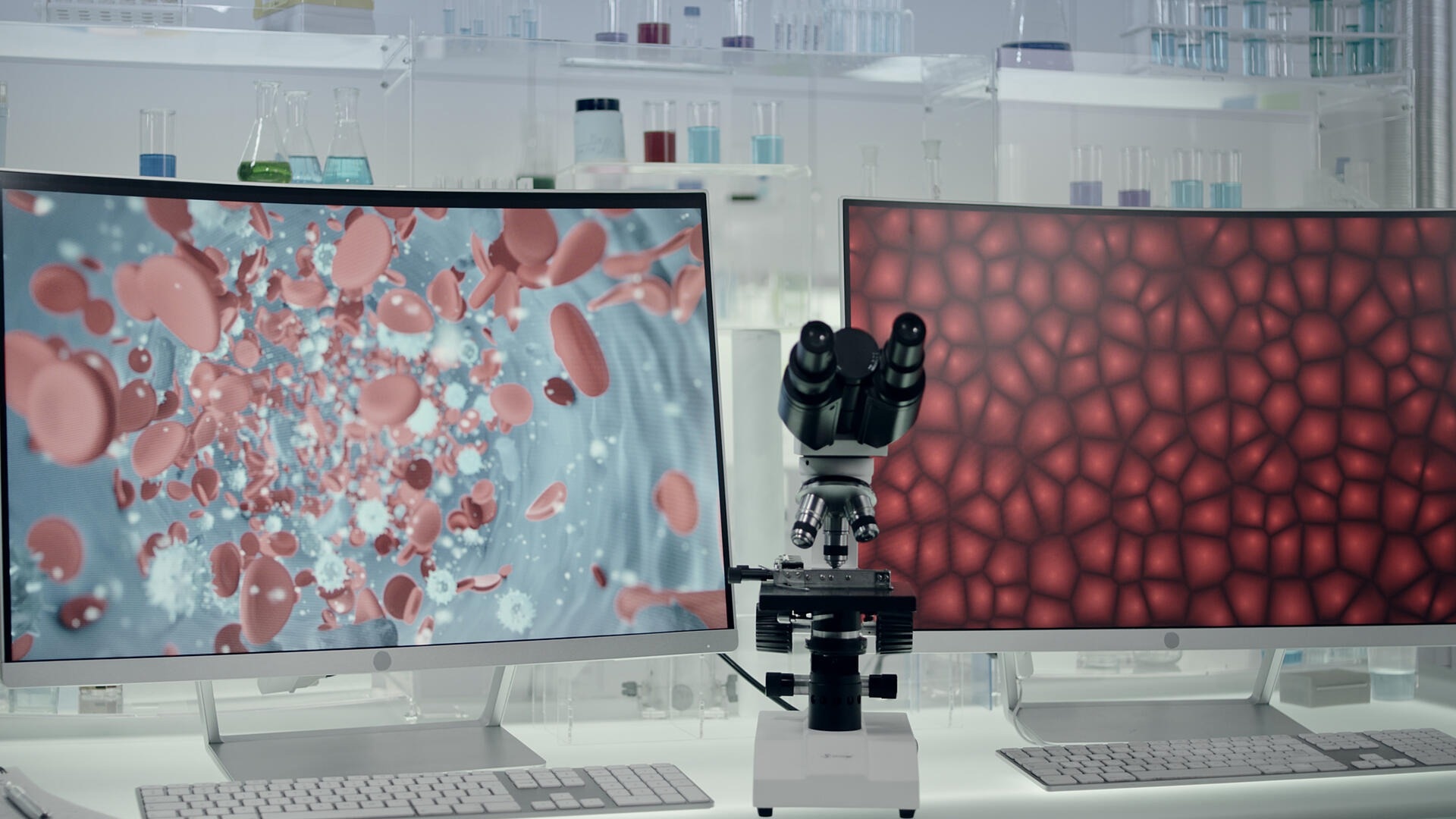Researchers are utilizing machine learning to analyze the composition of unfamiliar cells, potentially paving the way for enhanced personalized medicine in the treatment of cancer and other severe illnesses.

Image Credit: University of Waterloo
The University of Waterloo researchers have created GraphNovo, a novel program designed to offer a more precise comprehension of peptide sequences within cells. Peptides, comprising amino acid chains, serve as crucial and distinctive building blocks akin to DNA or RNA.
In individuals with a robust immune system, the immune response accurately recognizes peptides from aberrant or foreign cells, such as cancer cells or harmful bacteria, directing efforts toward destroying these cells.
In cases where the immune system is compromised, the burgeoning field of immunotherapy endeavors to re-educate the immune system, enabling it to identify and combat these perilous invaders effectively.
What scientists want to do is sequence those peptides between the normal tissue and the cancerous tissue to recognize the differences.
Zeping Mao, Ph.D. Candidate, Cheriton School of Computer Science, University of Waterloo
Mao developed GraphNovo under the head of Dr. Ming Li.
The sequencing process becomes particularly challenging for emerging diseases or cancer cells that have not undergone prior analysis. While scientists can rely on an established peptide database when examining previously studied diseases or organisms, the uniqueness of each person’s cancer and immune system poses a challenge.
To swiftly construct a profile of peptides in an unfamiliar cell, scientists employ a method called de novo peptide sequencing, utilizing mass spectrometry for rapid analysis of new samples. However, this process may result in incomplete or entirely missing peptides in the sequence.
GraphNovo, powered by machine learning, significantly improves accuracy by filling these sequence gaps with the precise mass of the missing peptides.
This advancement in accuracy holds immense potential across various medical domains, particularly in cancer treatment and the development of vaccines for diseases like Ebola and COVID-19. The researchers credit Waterloo’s commitment to advancing the intersection of technology and health for this breakthrough.
If we don’t have an algorithm that’s good enough, we cannot build the treatments. Right now, this is all theoretical. But soon, we will be able to use it in the real world.
Zeping Mao, Ph.D. Candidate, Cheriton School of Computer Science, University of Waterloo
Journal Reference:
Mao, Z., et al. (2023) Mitigating the missing-fragmentation problem in de novo peptide sequencing with a two-stage graph-based deep learning model. Nature Machine Intelligence. doi.org/10.1038/s42256-023-00738-x